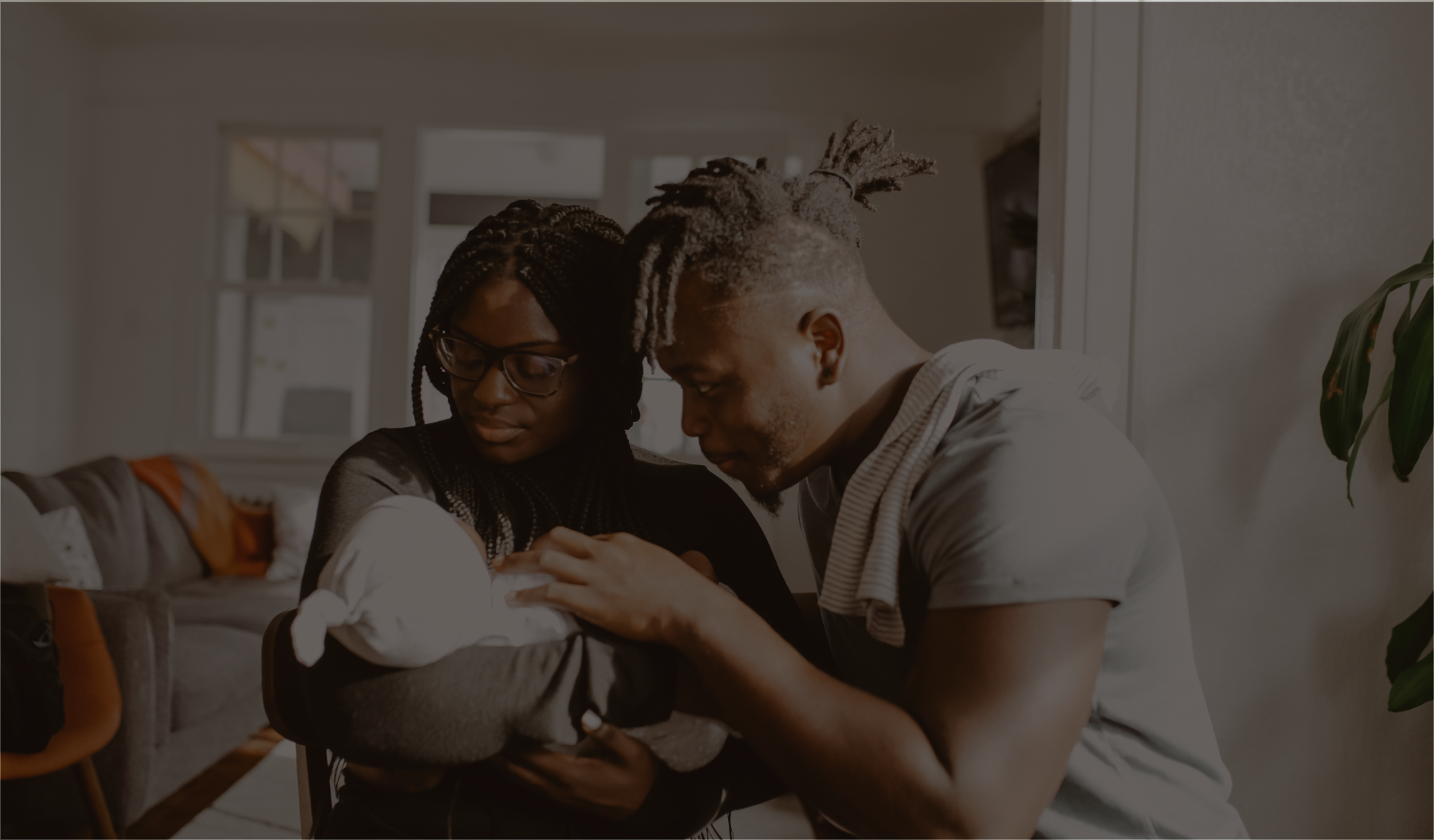
Frequently Asked Questions
Click around to learn more about Doulas and our mission to help fund their services.
What is a Doula?
A doula is a person who provides continuous emotional, informational and physical support before, during and just after birth. Douals provide non-medical support by providing encouragement, information and a variety of comfort measures to help a person throughout their birthing process. Clinical studies show that the presence of a doula at birth tends to result in shorter labors with fewer complications, less interventions, a greater success with breast-feeding and an overall feeling of a more positive birth.
What is The Black Doula Project (TBDP)?
Many times, the concept of a doula is foreign concept to many women of color as the use of a doula can be seen as elitist. Elitist? How? Unlike physicians, doulas are not contracted by health insurance companies so many families must pay for a doula’s services out of pocket. The out of pocket expenses for a doula range (based on experience and location) and can be upwards of $2,300.00. Knowing the power of doulas and their impact empowering women during their birth journey, The Black Doula Project was born.
TBDP began as an online movement to create awareness, provide maternal health education and aid in the support of black women during their maternal journey, but as more and more black women continued to suffer from birthing complications, TBDP needed to do more. Established as a not-for-profit in 2020, TBDP began providing free pre-birth, birth and postpartum doula services to black women during their pregnancy to help reduce the maternal risk statistics of black women. Now, we operate as a fund, where Black parents can request up to $1,000 to cover their birth or postpartum doula fees.
Why Black families? Why not all families?
Yea, you read that right. Black women are three to four times more likely to die from childbirth related complications when compared to white women (Center for American Progress) and infants born to black mothers are dying at two times twice the rate as infants born to non-Hispanic white mothers (CDC). And no, these maternal statistics are not due to lack of education or socioeconomic status of black women. Research supports that no matter the education level or socioeconomic status of the black mother, these two facts hold true (California Newsreel). What is even more concerning is that many of the deaths of our black women due to maternal health complications are preventable (Louis, J. M., Menard, M. K., & Gee, R. E. (2015). Racial and ethnic disparities in maternal morbidity and mortality. Obstetrics & Gynecology, 125(3), 690-694.).
Black women dying due to maternal complications is not just a sad story; it is a public health emergency. TBDP recognizes the need to advocate, support and protect our black women; we proudly work to help care for black women and black families as they transition into a new stage of life.
I am not/do not identify as black, am I still eligible for a grant through TBDP?
Unfortunately no. This service is for black parents only, meaning the birthing person must be/identify as black.
Do you pair people with certified doulas?
Not exactly! If you are chosen to receive a grant through us, you will need to identify a doula of your choice who we will pay up to $1,000 to cover your fees. These funds will be paid from TBDP directly to the doula that you choose. If you need help identifying a doula after being accepted for our grant, we can provide you a list of doulas in DC + Maryland who you can connect with/interview before making a final decision.
Are there ANY fees associated with having a birth doula through TBDP?
No, there are absolutely no fees associated! Black parents use our online form to apply for a grant, and once accepted, their doula fees are paid for by us! Anyone can always donate to our fund, but that is absolutely not mandatory!
I am giving birth, but I am outside of the DMV and Baltimore, MD regions. Can I still apply for a BDP grant?
Currently, no. We are only serving black parents and families within the Washington, D.C. metro area or Baltimore, Maryland. We hope to be able to expand our service areas as our program grows and expands.
